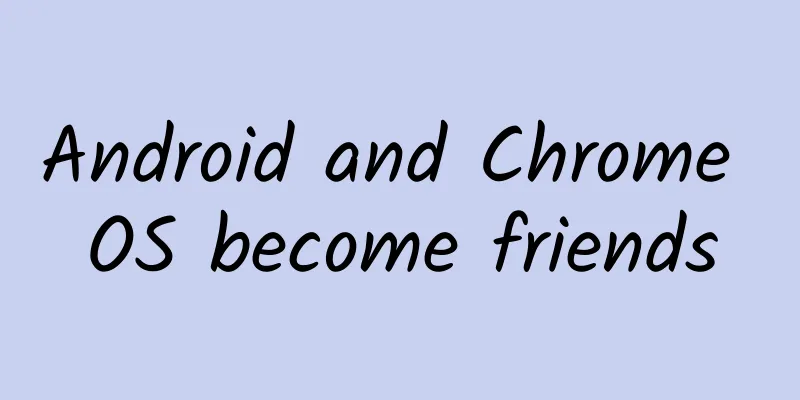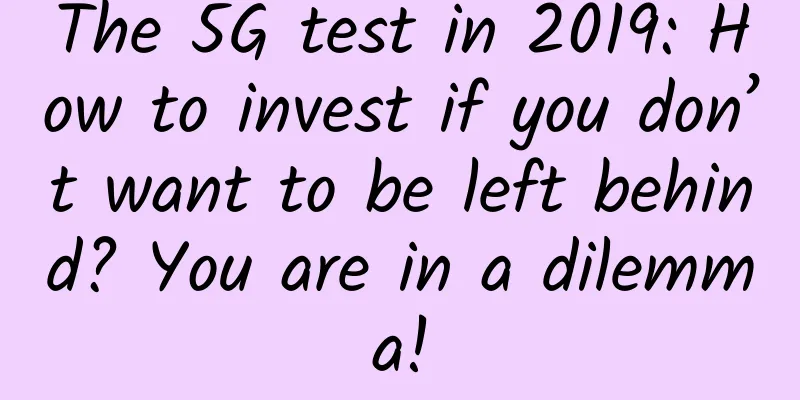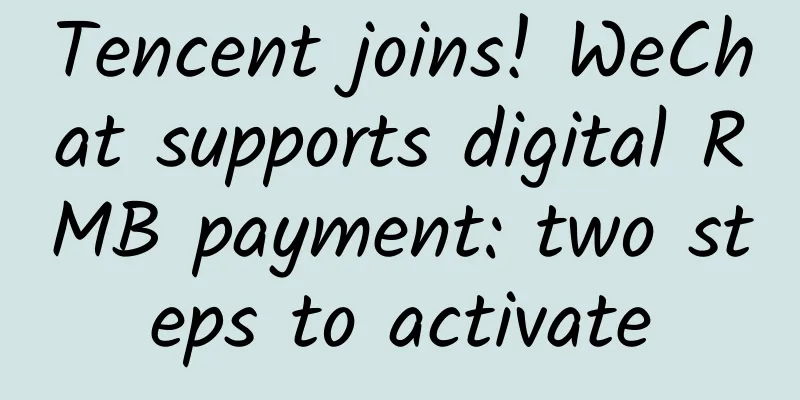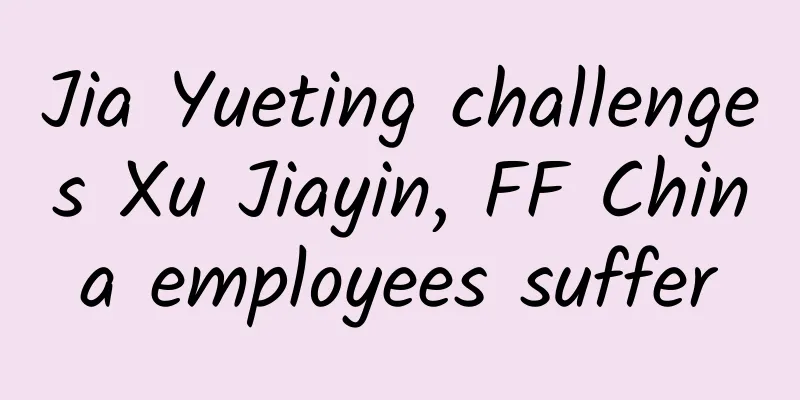Android and Chrome OS become friends

|
This summer's Google I/O was almost a victory conference for the Android camp: the Android family officially became the core brand of Google's smart watches, wearable devices and home entertainment strategies, while Chrome, which had a great success in 2013, was intentionally or unintentionally marginalized by Google. Google sent out an obvious signal: the company is intentionally downplaying the "competitive relationship" between the Android camp and the Chrome camp, with Android continuing to play the leading role and Chrome OS and Chromebook taking on the responsibility of the campus market and "Google Office". Google's solution to "turn enemies into friends" is to make Chrome OS support Android applications. Just yesterday, Google fulfilled its promise this summer and officially announced the first group of four third-party applications adapted for Chrome OS: Evernote, Duolingo, Sight Words and Vine. The name of this project is App Runtime for Chrome (currently in Beta stage), which is mainly for Google to convert Android applications to run on the Chrome OS platform. Google said that they will work with some Android developers to convert more popular Android applications, and users can also give Google feedback on the applications they hope to use on Chrome OS. Google once said at the Google I/O conference that Android developers do not need to make too many changes to their original applications to adapt to Chrome OS, and even only need to make minor adjustments to the UI. However, judging from the current progress, Evernote, Vine and Duolingo, the four applications that have been launched, all have complete web versions, and they are all "active responders" to the multi-platform strategy, so it is not yet possible to see from these apps how other Android developers accept this project. But from Google's perspective, this move is obviously to use the established Android ecosystem to feed back the lack of ecosystem in Chrome OS. Although users can use the web version of some services on Chrome OS, and there are also some native applications, you can also see that since the birth of Chrome OS, its platform development progress is still very slow. It is still a niche product on the desktop and it is difficult to promote its development on smartphones. Therefore, from a cost perspective, it is easier to persuade and help the developers who are already around to devote some of their energy to Chrome than to rebuild a new ecosystem and challenge the position of Windows in the desktop operating system. You can see the change in Google's strategic thinking in the past two years. After the Google I/O conference, Pichai, the director of the Android and Chrome departments, said in a blog that Google is thinking about making it easier and more seamless for people to switch between mobile phones, tablets, computers, TVs, cars and even watches. In the summer of 2013, Google was about to let Chrome replace Android. This new form is the product of "connection" thinking, and the platform competition is no longer that important. Rather than letting Android tablets awkwardly stretch their screens to "challenge" Chromebooks, or Chrome OS insisting on starting its own business and excluding the already established Android ecosystem, it is actually a good thing for both sides to shake hands and make peace. |
>>: Interesting hardware at the TC Conference: the coolest helmet and frying pan
Recommend
TINCFUWAN 2.0 Smart Cordless Floor Scrubber: A great household cleaning tool for the lazy
The development of the "lazy economy" a...
The person who invented frying is such a genius. Can icicles and beer be fried?
As the weather gets colder, many people fall in l...
Live | B&Q front-end architect Chen Guoxing: How to build isomorphic applications using React
[51CTO.com original article] With the development...
You promised to go to bed early, but you can't help but stay up late? Huaxi doctors: It's not just the mobile phone that's to blame
"Ah, it's midnight again so soon? But I ...
How much does it cost to attract investment in Ma'anshan Men's Clothing Mini Program?
Starting a business requires costs, and mini prog...
How many WeChat payment accounts are bound to your ID card? Check the official guide
[[348178]] Nowadays, personal privacy seems to be...
Digging traps for sneak attacks and just eating without pooping, Ant: Do your parents know you are so bad?
Produced by: Science Popularization China Author:...
Pilates Teacher Training Class Brown
Pilates Teacher Training Course Brown Resources I...
To prove that climate change is not terrible, they say that the warm period was the heyday of the Han and Tang dynasties.
The following article is from Voice of the Wind a...
Data Snake · Taobao's eight spiral gameplays, you can close your eyes and follow the eight spiral gameplays to do it directly and roughly.
Data Snake · Taobao's eight spiral gameplays,...
Ma Huateng vs. Jack Ma: After WeChat defeated Sina Weibo, is it going to dethrone Alipay?
On the 10th, Chinese Internet company Tencent rel...
Baidu video promotion, vertical video information flow advertising download style!
Information flow advertising style - vertical vid...
With the advent of the "digital RMB", these industries will accelerate their demise, and practitioners should change their careers as soon as possible
The thing that each of us may be most inseparable...
What are the tricks and tricks for bombarding the circle of friends with Alipay red envelope search codes?
This article is a brief introduction to the Alipa...
How to do EDM marketing? Here is a complete guide to promotion
EDM marketing is now used by many product operati...









